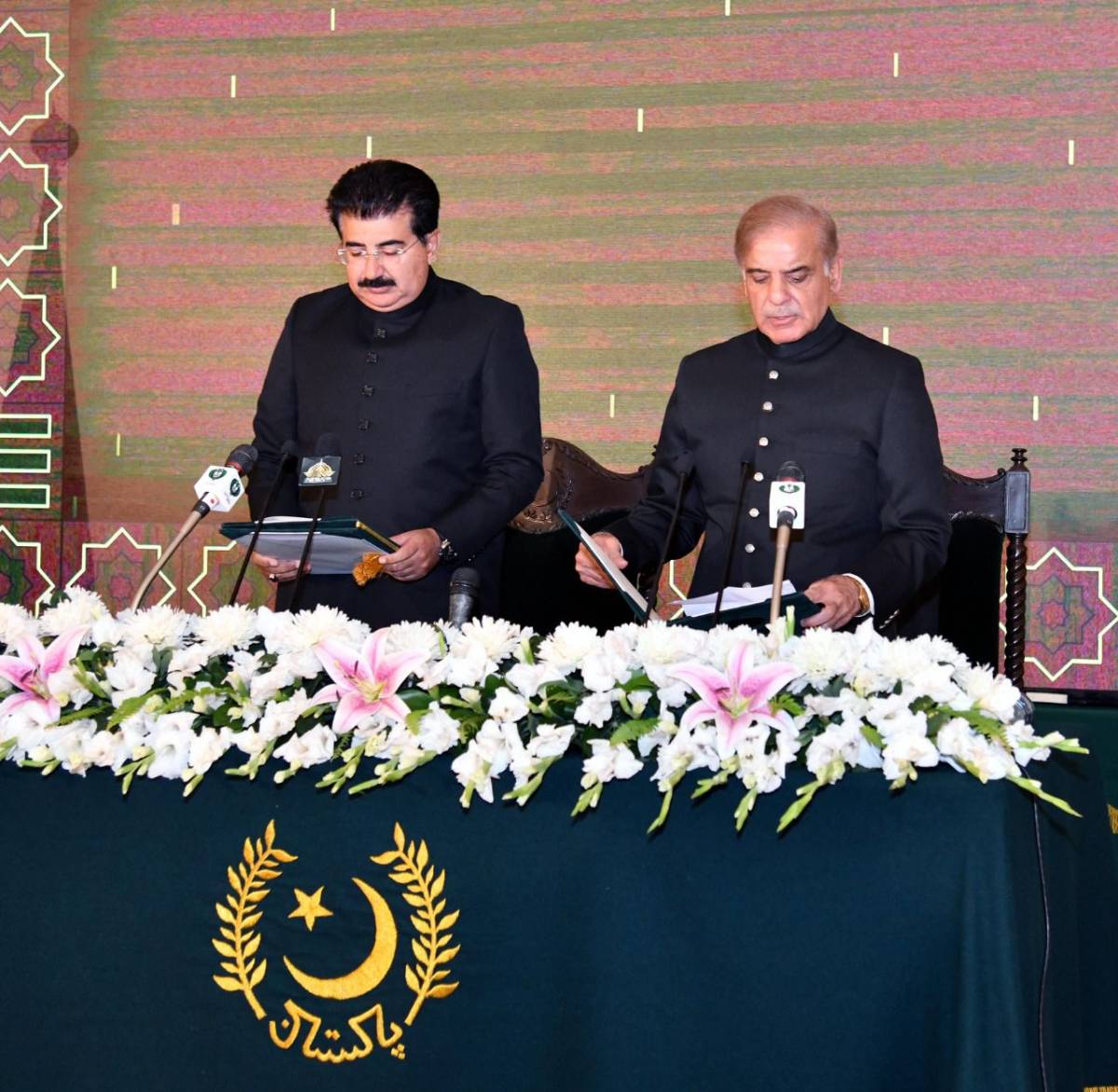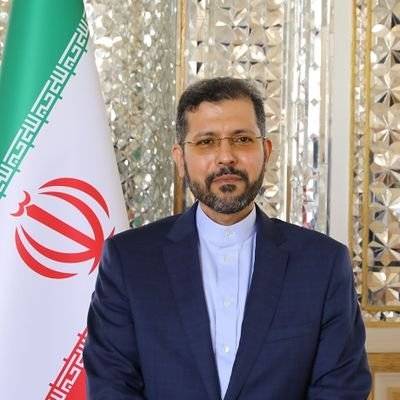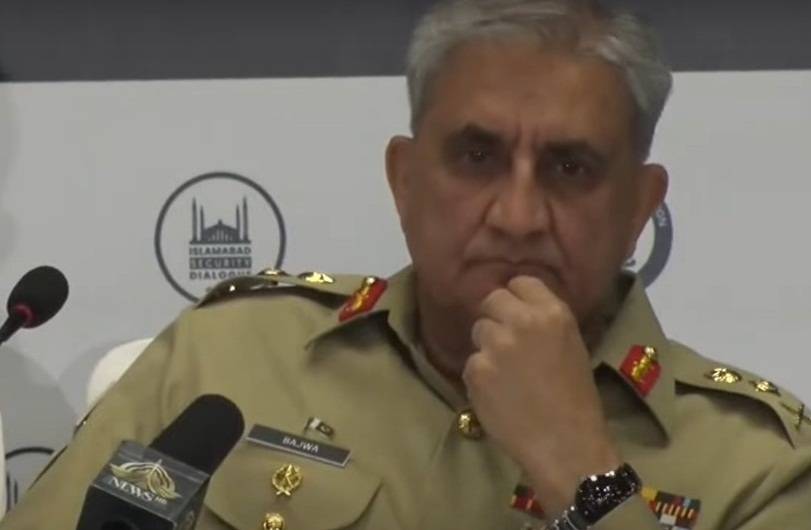Sharif’s celebrations of becoming the country’s premier come with a daunting uphill task in hand, both politically and economically, as he gets a meagre welcome to a country in crisis, a report by Hamza Ameer
Pakistan Prime Minister Shehbaz Sharif has come into power after many to and fro motions in the country’s political system.
Sharif’s celebrations of becoming the country’s premier come with a daunting uphill task in hand, both politically and economically, as he gets a meagre welcome to a country in crisis.
Tensions are already dwindling as the new premier is settling into the system. But the prevailing uncertainty in relation to the political crisis, glaring on the country’s face, seems far from over.
For PM Sharif, two main challenges are ready to latch onto him, ruining his honeymoon period on the Prime Minister’s seat.
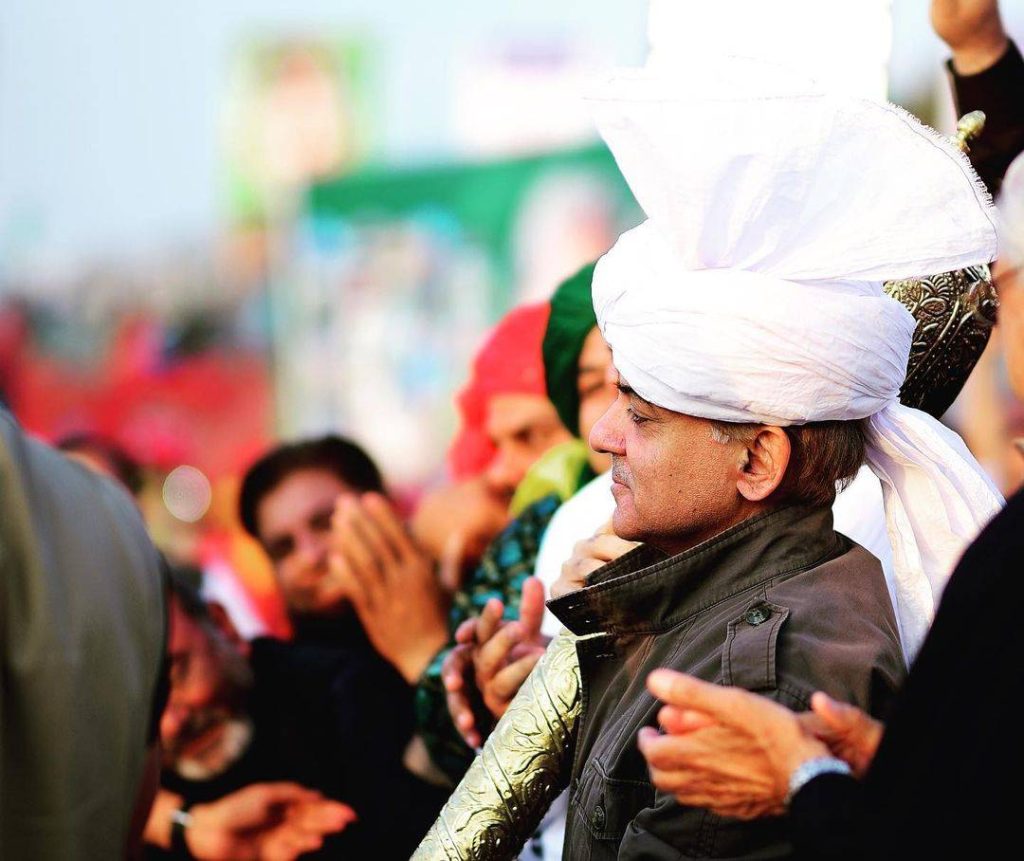
The first is the political instability and its direct effect on the political and democratic crisis. Despite Imran Khan’s desperate efforts to remain in power through compromises, pressure tactics and failed political manoeuvrings, he still enjoys a massive support among the people of the country, who show their strength when they came out in huge numbers across Pakistan, enough to create pressure and unrest for the Sharif government.
The public pressure is now going to be in full swing with Imran Khan holding public gatherings in major cities across Pakistan and publicly declaring Sharif’s government as a puppet hybrid government brought into power through an ‘international conspiracy’ for regime change.
Sharif’s government is faced with multiple challenges, still existent in the parliament, even after his arch political rival Imran Khan is not in it.
It is the management of a coalition government, formed with alliance of other major political parties, who have joined this alliance not only to oust Imran khan, but for their vested political interests.
With Sharif standing as Prime Minister, he carries a heavy weight of commitments, he and his partner parties like the Pakistan People’s Party (PPP) have made to smaller parties, who are now looking towards them to fulfil what they promised.
The second most difficult task for Sharif is the country’s crippled, wrecked economic condition, which is no less than a royal mess.
Political decision by the former Imran Khan-led government to not increase the petroleum prices, coupled with the lack of reforms, has added to the already existent long-term, intractable problems.
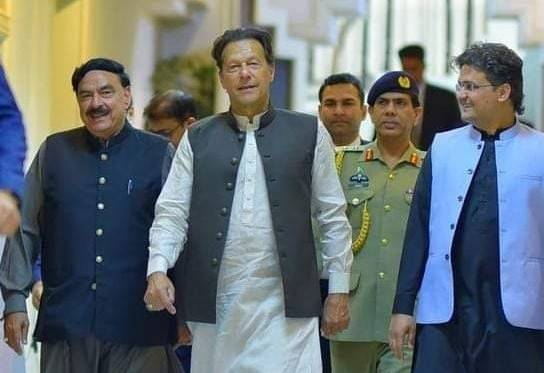
The Pakistan Muslim League-Nawaz (PML-N) faces an extraordinary difficult situation on economic terms. The economic mess is now standing parallel to the decisions this government will take going forward.
If it takes the right decision keeping the country’s economy in view, it will be faced with a strong backlash from the Imran Khan-led Pakistan Tehreek-e-Insaf (PTI) on the streets, social media and on television screens.
Only time will tell how this new government of Shehbaz Sharif will work its way out of what it has gotten itself into, especially when it has come to power protesting against Imran Khan’s inability and failure to bring economic stability in the country.
But it is a fact that the win over Imran Khan and what’s been left behind by Khan for Sharif to handle, is in itself, a serious, critical and major challenge.


